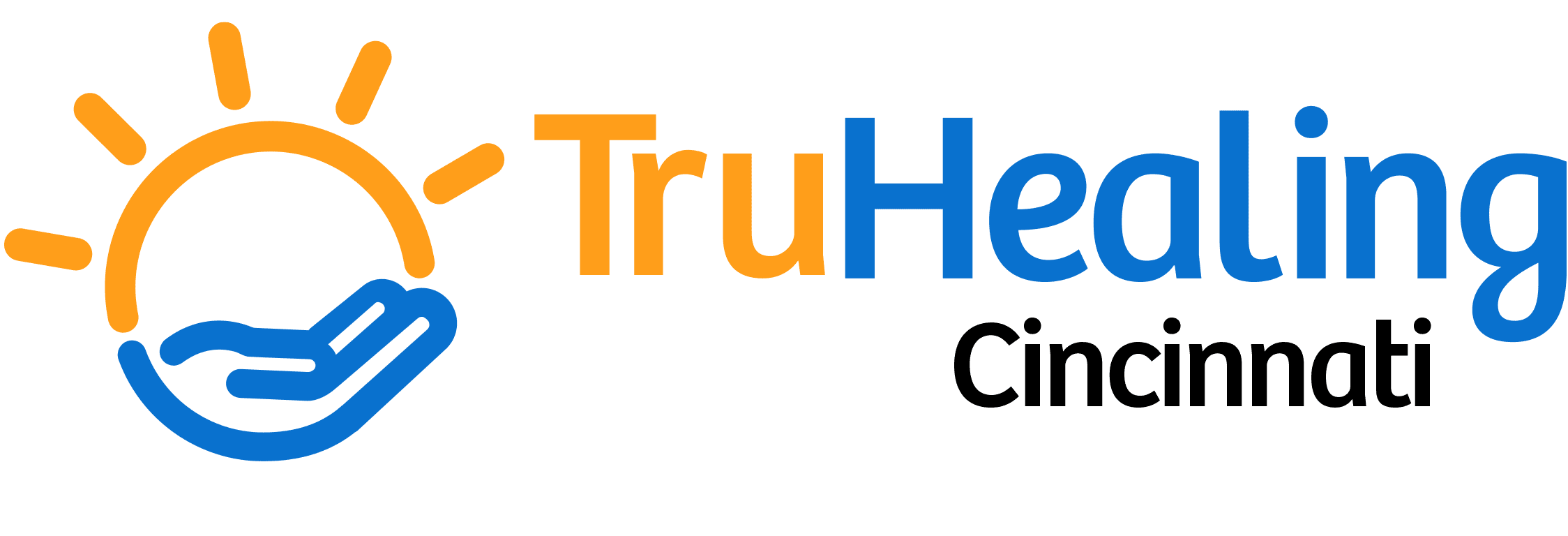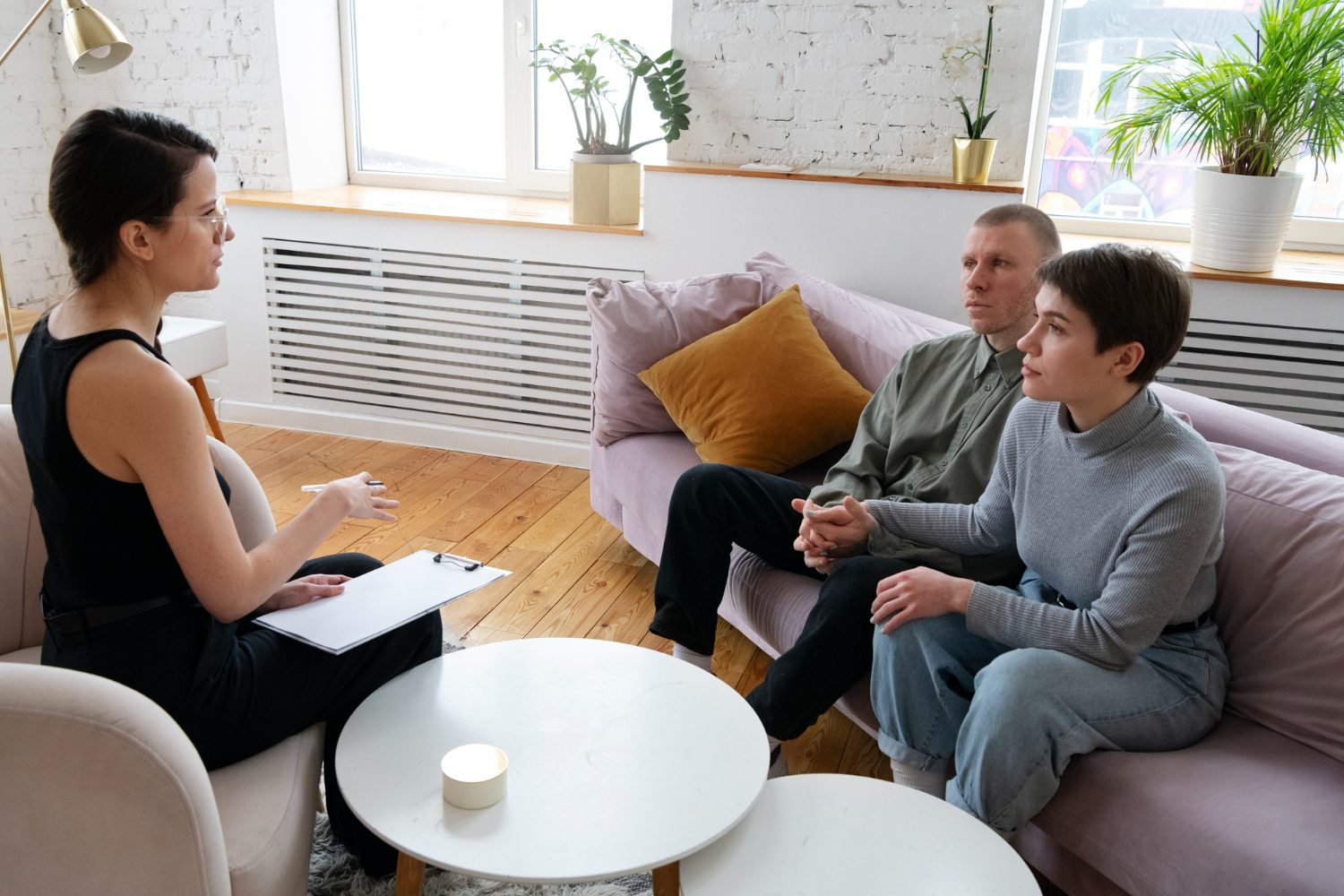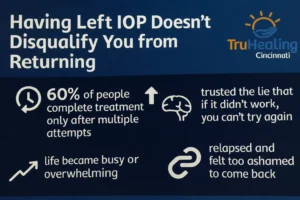Sometimes people leave treatment quietly. Maybe you just stopped going. Maybe life got messy, busy, or too heavy. Maybe you weren’t sure if it was working—or if you were worth the work.
However you stepped away, this blog isn’t here to judge you. It’s here to meet you.
Because here’s the truth: you can come back. And returning to treatment isn’t about failure. It’s about listening to yourself—now—with more clarity than before.
If you’ve been thinking about resuming Intensive Outpatient Treatment (IOP) at TruHealing Cincinnati, here’s what to know, what to expect, and why the door is still wide open.
1. First, Know This: You’re Not the Only One Who Left
Lots of people drop out of IOP. Some stop showing up because they relapsed and feel too ashamed to return. Others ghost after a rough day. Some take time off because of work, parenting, burnout, or transportation.
There’s no single reason.
And there’s no single way back.
What matters is that you’re thinking about it now. That thought? That’s your turning point—not when you left.
2. Ask Yourself: What’s Making You Think About Coming Back?
Returning to treatment isn’t always about crisis. Often, it’s about exhaustion. Or clarity. Or the quiet knowing that life is harder without support.
Ask yourself gently:
- Are you white-knuckling it again?
- Do the old coping strategies feel heavier than before?
- Are you craving connection, even if you’re scared of being seen?
- Do you keep telling yourself “next week” or “after the holidays”?
Those aren’t signs of weakness. They’re signs of readiness, even if it’s just a whisper.
3. Leaving Treatment Doesn’t Erase the Work You’ve Done
If you were in IOP and left, you may feel like you’re “starting over.” But you’re not.
Every hour you spent in group, every truth you said out loud, every tool you tried—that still counts. You’re not back at square one. You’re building from where you left off.
And at TruHealing Cincinnati, our clinicians understand that recovery isn’t linear. You’re allowed to re-enter the process with the insight you’ve gained—both inside and outside of treatment.
4. Understand What Returning to IOP Really Looks Like
Coming back doesn’t mean being interrogated about where you’ve been. It doesn’t mean being treated like a “dropout.”
Instead, it looks like:
- A compassionate check-in about how you’re doing now
- A quick reassessment to update your care plan
- Flexibility in scheduling and structure to meet current needs
- Emotional support for whatever is making this feel hard
You’ll return to a small, supportive group environment and personalized therapy—just like before. But this time, with a deeper understanding of what life outside treatment feels like.
5. IOP Still Fits—Even If Your Life Looks Different Now
Maybe you have a new job. Maybe your schedule changed. Maybe you’re balancing recovery with raising kids, or driving further from Springfield, Ohio or Indianapolis, Indiana.
We get it. That’s why our IOP program remains flexible and structured—so you don’t have to choose between healing and living your life.
We’ll work with your:
- Availability
- Transportation limitations
- Emotional energy
- Comfort level re-engaging with peers
Recovery can bend without breaking. And our care can, too.
6. Name the Voice That’s Saying “You Blew It”—Then Let It Go
One of the hardest parts of returning isn’t logistics. It’s shame.
That voice in your head might say:
- “They won’t want me back.”
- “I messed it all up.”
- “I can’t go back after disappearing like that.”
But we’re here to tell you—those thoughts are normal, and they’re lying.
Treatment doesn’t exist to punish you for being human. It exists to hold you while you learn how to move through hard things—without disappearing into them.
7. You Don’t Have to Be Fully “Ready” to Re-Enter
Readiness isn’t always loud. It doesn’t always look like confidence. Sometimes it looks like:
- Clicking a link and closing it again
- Typing a message and deleting it
- Feeling unsure, but still wondering what’s possible
If you’ve been circling the idea of coming back, that’s enough to start.
You don’t need the perfect words or mindset. You just need one small yes.
8. What You Might Notice If You’ve Been Out of Treatment a While
Maybe you’ve held it together. Or maybe not. Either way, stepping away from treatment often reveals some patterns over time.
You might notice:
- More irritability or emotional swings
- Increased cravings or rationalizations
- Old habits creeping in around stress
- Loneliness that feels harder to ignore
- A sense of flatness or fog
These aren’t failures. They’re invitations to return to a space where you can work through them—without judgment, and with support.
9. There’s No Test to Pass to Come Back
You don’t have to prove anything. You don’t have to explain everything. You don’t have to earn your way back in.
You just have to say: “I think I need support again.”
And we’ll meet you there.
Frequently Asked Questions About Resuming IOP at TruHealing Cincinnati
Do I have to start over completely?
No. We’ll do a light reassessment to understand where you are now, but your previous progress, insights, and goals are still valid. We meet you where you are—not where a calendar says you “should” be.
Will I be judged or questioned for leaving before?
Absolutely not. Our team understands that people leave treatment for many reasons. We never shame or punish clients for needing time away. Our only focus is how to support you now.
Can I return to IOP if I relapsed?
Yes. Many people return after a relapse. In fact, that’s one of the most common reasons people re-enter care. We’ll work with you to address what led to it and how to strengthen your recovery tools moving forward.
What if I’m not sure I want to fully commit yet?
That’s okay. Even exploring the idea of returning is a meaningful step. You can reach out, ask questions, and take things at your own pace.
Is there financial help or flexible scheduling?
We’ll work with you to find a schedule that fits and help you understand insurance or payment options. If you’re coming from Louisville, Kentucky or other nearby areas, we can also assist with transportation support or referrals if needed.
You’re Not the One Who Disappeared—You’re the One Who Came Back
We know it can feel awkward to return. But awkward doesn’t mean wrong. It means brave.
If treatment didn’t stick the first time, that’s not a flaw. It’s part of how healing sometimes works: in layers, in loops, in circles that eventually lead us home.
And home can start right here—at TruHealing Cincinnati’s Intensive Outpatient Program, where you’re always welcome.
Call (888) 643-9118 or visit our IOP page to talk through next steps, reconnect with care, and come back into recovery—one step at a time.


